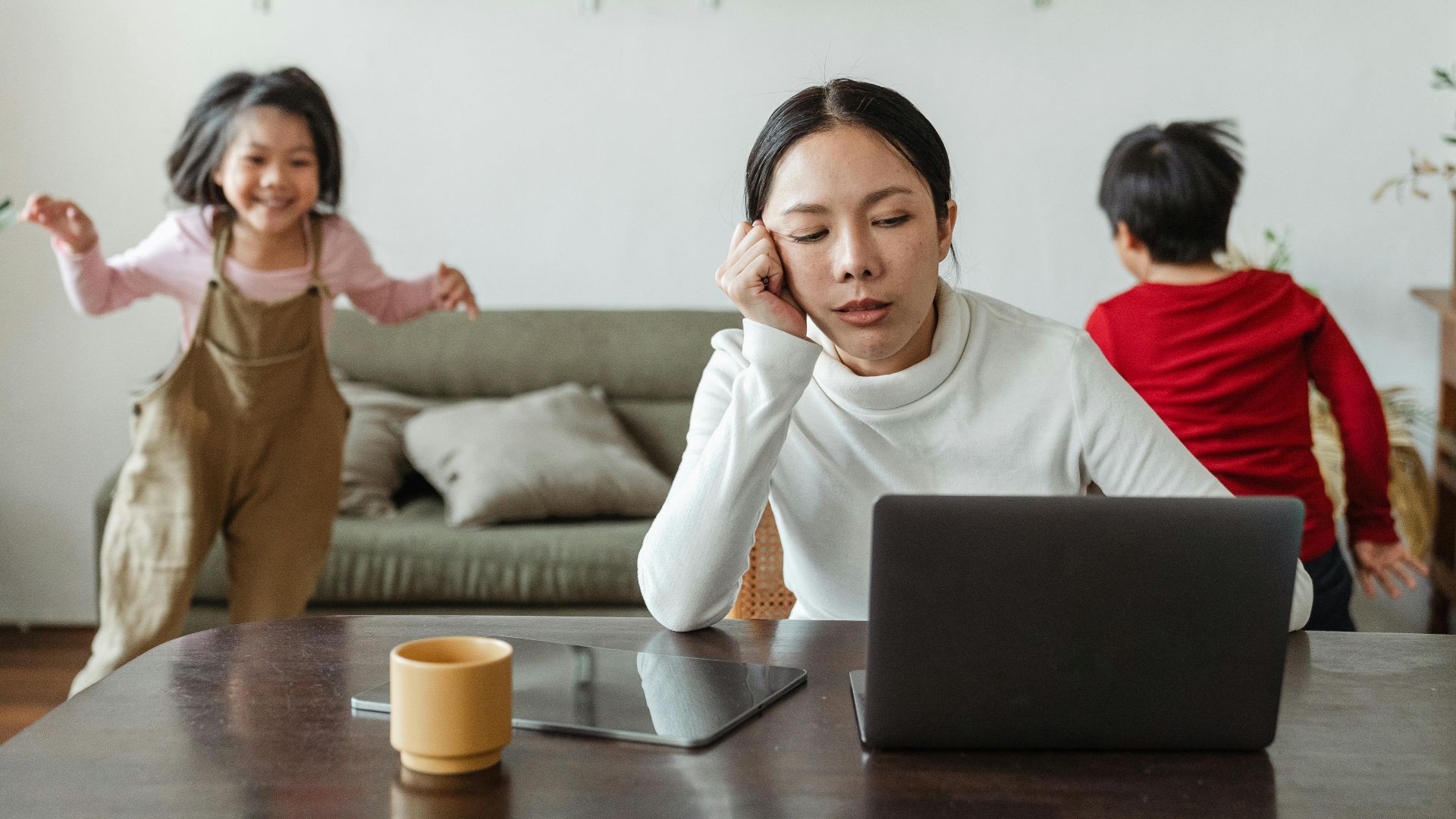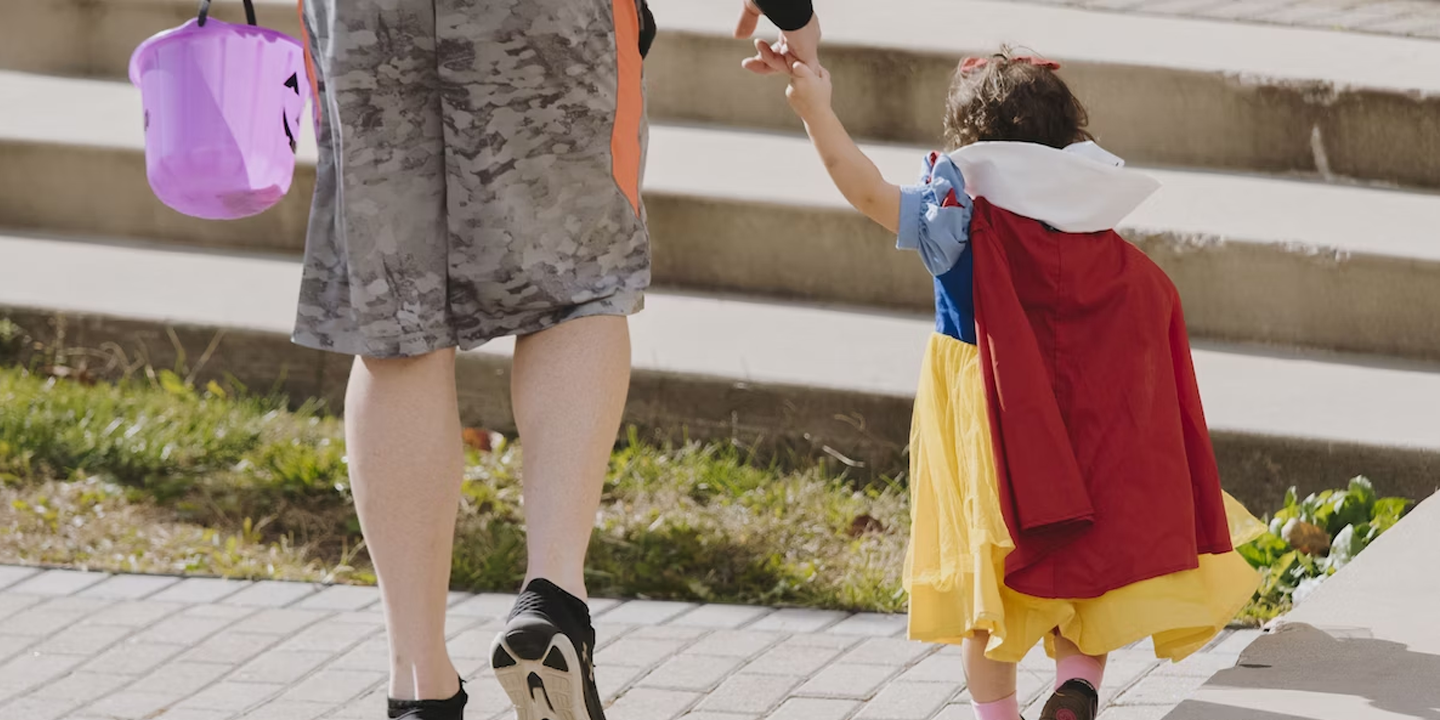Are Your Kids Too Busy? The Hidden Costs and Real Dangers of Overscheduling Children
Are Your Kids Too Busy? The Hidden Costs and Real Dangers of Overscheduling Children
In today’s busy, bustling, achievement-driven world, it’s easy for a child’s weekly schedule to look like a corporate calendar. Sports. Music lessons. Tutoring. Clubs. Don’t forget to pencil in the social commitments. Families find themselves racing from one activity to the next with barely a moment to breathe.
While enrichment activities can support skill development and confidence, overscheduling has become a significant, and often overlooked, issue for many households. Research increasingly shows that children’s mental and physical well-being can suffer when their days lack balance, rest, and unstructured time.
The Pressure to Do More (and What It’s Doing to Kids)
Parents often feel intense social pressure to give their children as many opportunities as possible, especially in competitive academic or athletic environments. But the American Academy of Pediatrics (AAP) has repeatedly highlighted the risks of over-structuring children’s time. In its well-known report on the importance of play, the AAP notes that free, unstructured playtime is essential for healthy brain development, stress management, and creativity. Also noted, a lack of downtime can increase anxiety and emotional difficulties.
When children face chronic activity-related stress, their cortisol levels remain elevated. This can lead to irritability, difficulty concentrating, trouble sleeping, and somatic symptoms like headaches and stomachaches. These changes are often subtle, so parents might not immediately connect them to an overly busy schedule.
The Hidden Costs of Overscheduling
Overscheduling affects more than just mood. It can impact foundational aspects of child development. Studies consistently show that adequate sleep is one of the strongest predictors of regulation and academic performance. Yet busy schedules often push bedtimes later or force early wake-ups. The CDC reports that most children and teens already struggle to get the recommended hours of sleep. High activity loads can widen this gap.
Another cost is the diminishing space for free play. Decades of developmental research, from classic work by Vygotsky to modern neuroscience, show that free play is critical for problem-solving, emotional resilience, and social skills. Unstructured play provides opportunities for kids to learn how to regulate their emotions and creatively cope with boredom later in life.
Think burnout is exclusive to adults? Think again. Children under chronic performance pressure could begin to experience burnout. When performance expectations outweigh enjoyment, early signs of emotional exhaustion may begin to appear.
How Overscheduling Affects Parents, Too
 Ketut Subiyanto on PexelsParents feel the consequences as well. Logistical overload is one of the top predictors of parental burnout. Constant driving, coordinating schedules, managing equipment, and supporting overextended children can strain relationships and diminish the quality of family time. Parents are often left feeling depleted. Reducing activities can bring visible relief to both the parent and the child.
Ketut Subiyanto on PexelsParents feel the consequences as well. Logistical overload is one of the top predictors of parental burnout. Constant driving, coordinating schedules, managing equipment, and supporting overextended children can strain relationships and diminish the quality of family time. Parents are often left feeling depleted. Reducing activities can bring visible relief to both the parent and the child.
Finding a Healthier Balance
The goal isn’t to completely eliminate structured activities. They can be valuable and incredibly enriching. Instead, it’s about creating a rhythm that supports your child’s well-being. Here are a few things that can help:
Aim for at least one full activity-free day each week
Facilitate daily downtime for rest or play
Make space for your child’s voice and choice in opting for activities they truly enjoy
Most importantly, check in with your child. Ask how their schedule feels. Watch for patterns when stress might increase or lessen. Ask what they look forward to and what feels like pressure. Their answers often reveal what their calendar does not.
By making intentional choices about extracurricular activities, you’re not limiting opportunities. You’re making space for growth, emotional health, and a childhood that feels joyful and sustainable.









